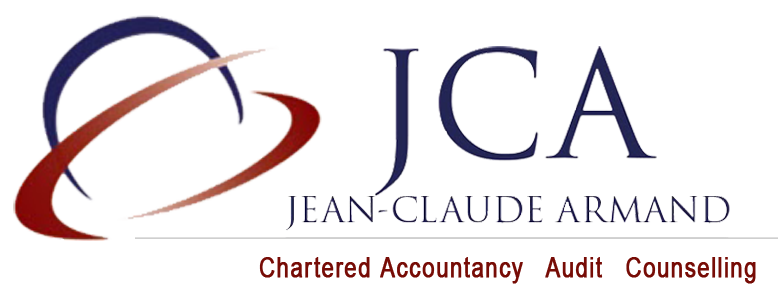Business practices in France
Business practices in France: context
When foreign companies want to settle in France, they tend to refer to the legal system and the professional practices of their own country.
But, their referential and professional practices are often very different. And these companies know little of the business practices in France. For instance:
- How do you negotiate a salary in France?
- When does the employer have to pay their employee?
- Which type of American company does the SARL or SAS stand for?
Here are some of the answers.
7 tips on French business practices

1. Business practices in France: employer employee relations
The net salary is always after deduction of payroll taxes, but before deduction of income tax.
In France, as opposed to many countries (USA, Canada, UK, Northern European countries, Germany), income tax is not prepaid by the employer. It’s separately paid directly by the employee the following year.
Unless specified, when negotiating a salary in France gross salary is always implied. And it is this gross salary that is mentioned in the employment contract.
Nonetheless, nothing prevents the parties from negotiating a net salary, as is the practice in some countries (USA, Germany). Moreover, this practice has been growing in recent years. However, the hiring company will have to calculate from this net salary a gross salary that will be mentioned in the employment contract. In order to find the gross salary, the net salary must be divided by about 0.77.
The salary is always paid at the end of the month, except in some cases (resignation, dismissal, end of a contract).
Pay slips are the size of a novel!The reason: as opposed to many countries, there is not only one body that collects payroll taxes; the company is in charge of redistributing the amounts to each beneficiary body.
However, since the beginning of 2011, the collections from URSSAF (health and retirement) and POLE EMPLOI (unemployment benefits), the two major insurance funds have been unified.
2. Business practices in France: payroll taxes
Welfare taxes are paid monthly unless the company employs less than 10 people, in which case they are paid quarterly.
Since the taxes are collected from both the company as well as the employee, they represent 88% of the net salary.
It is a large amount that surprises many foreign companies’ CFOs at the start of an activity in France.
3. Business practices in France: VAT
The VAT, as its name implies, is the tax collected at each step of the value chain. Consequently, every company is subjected to this tax.
The VAT charging mechanism on purchase and sales make the VAT neither a burden nor revenue for companies. However, the VAT is a cost to the final consumer. It is not the case of State sales tax in the USA, which in its principle is also a tax on the final consumer, but only some activities are liable and the rate varies from State to State.
In principle, the VAT is paid monthly. Companies whose turnover is below a certain amount can pay it quarterly.
4. Business practices in France: corporate tax
France has a very centralized administration; companies only have one income tax return to fill, and pay corporate tax solely to the French State.
In other words, there is no income tax return to fill or to pay at a regional, provincial, Lander or departments’ levels, as opposed to federal states (USA, Canada, Germany) or confederate states (Switzerland).
5. Business practices in France: relations with administrations
Thanks to the generalization of information technology it has been possible in recent years to declare and pay corporate tax and most payroll taxes paper free.
For companies beyond a particular size, the use of electronic documents to pay VAT, corporate tax or CVAE (cotisation sur la valeur ajoutée des entreprises) is even mandatory or else a fine can be issued.
6. Business practices in France: relationship customer-supplier
In France, payment terms extend from 30 to 90 days. They are twice as long as in northern Europe and North America. For high value-added companies, this means an important working capital requirement, since employees are paid monthly and payroll taxes often paid quarterly.
If wire transfers have a more and more important role in financial transactions between companies, checks remain a largely used means of payment. The reason being: checks are a means of payment that benefit from a strong legal protection in France, as opposed to other countries (USA, Canada in particular), where checks are a non protected means of payment.
Indeed, issuing a bad check is severely punished in France. Unlike many countries, check processing is free for the issuer. And they are not returned after payment. In return, the bank accounts don’t receive interest.
For small transactions, the use of the credit card is very widespread. Consequently: You should expect that the sales people of your future French subsidiary will ask for a personal credit card (called so because the company’s account is debited at the end of the month).
However, French people don’t like to carry cash as opposed to northern Americans, Germans and other Northern countries. Most businesses won’t accept bills over 50€.
7. Business practices in France: mortgages
In France, retail selling businesses benefits from a legal protection. Hence, it is possible to mortgage it for a credit.
If you have other questions about business practices in France, please contact us.


